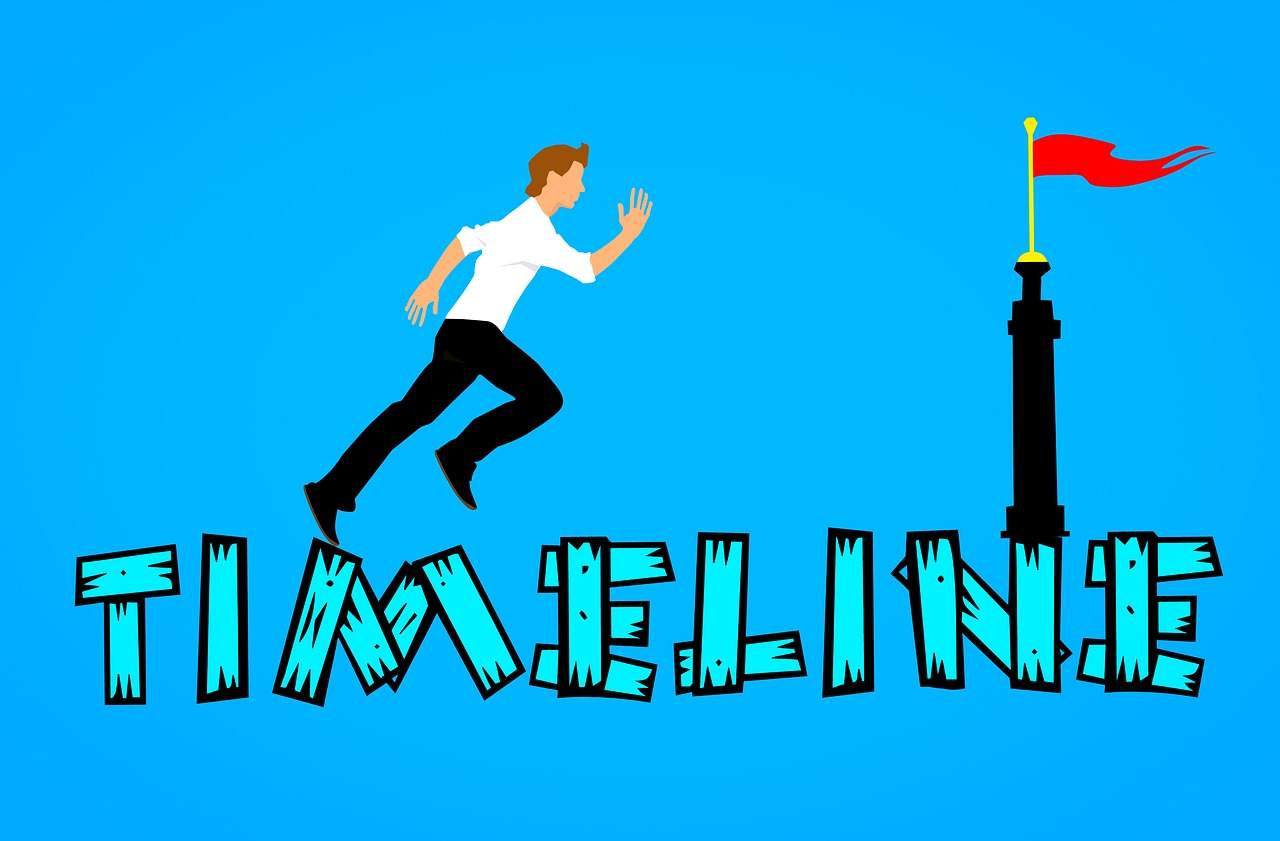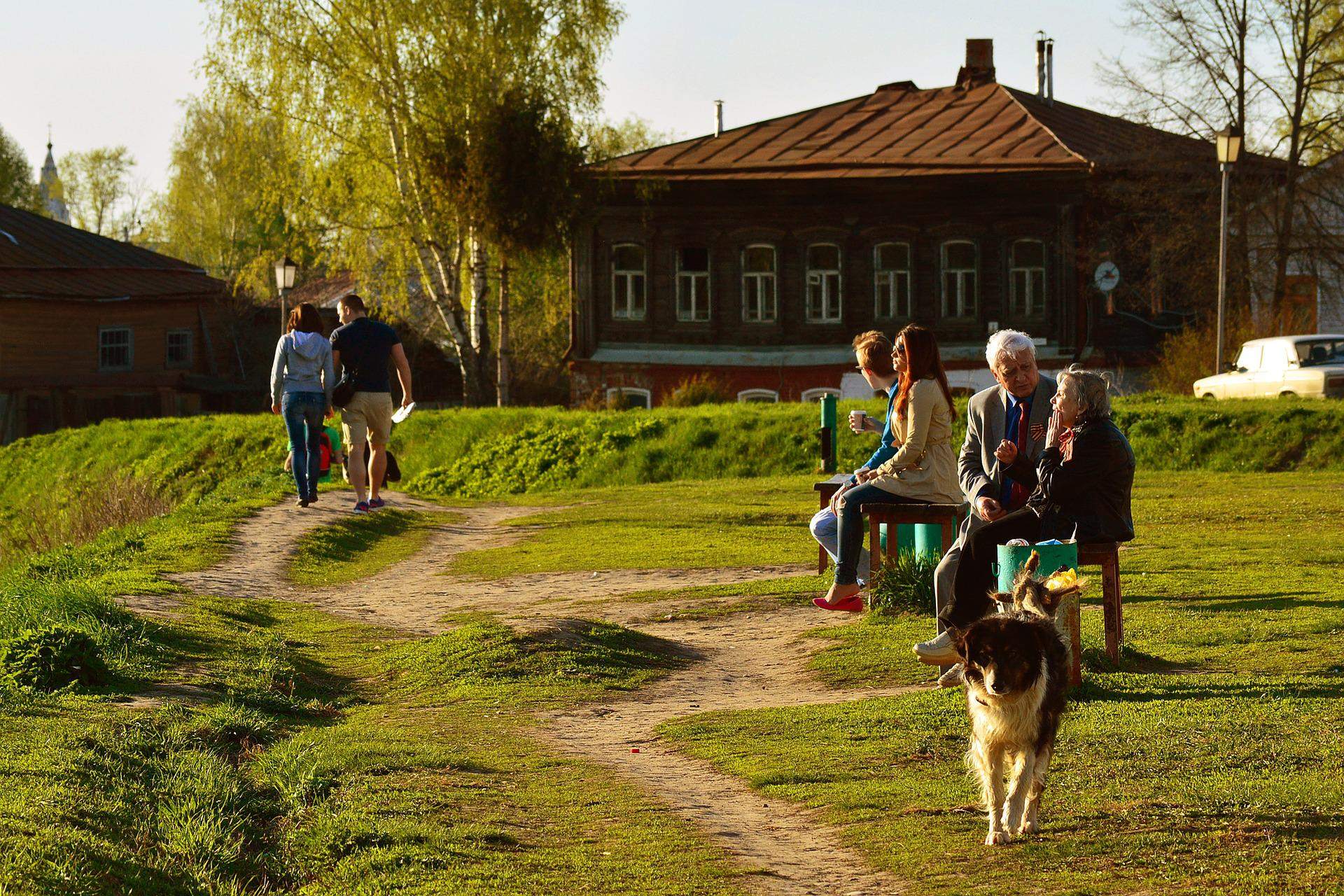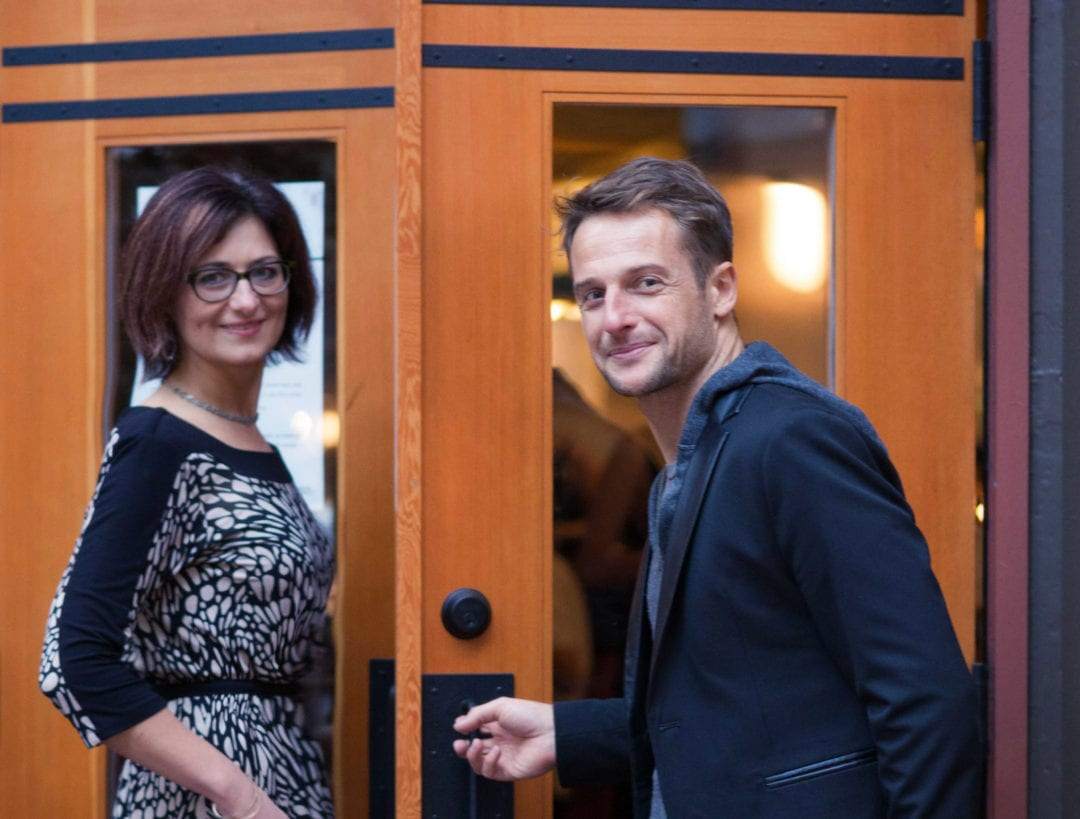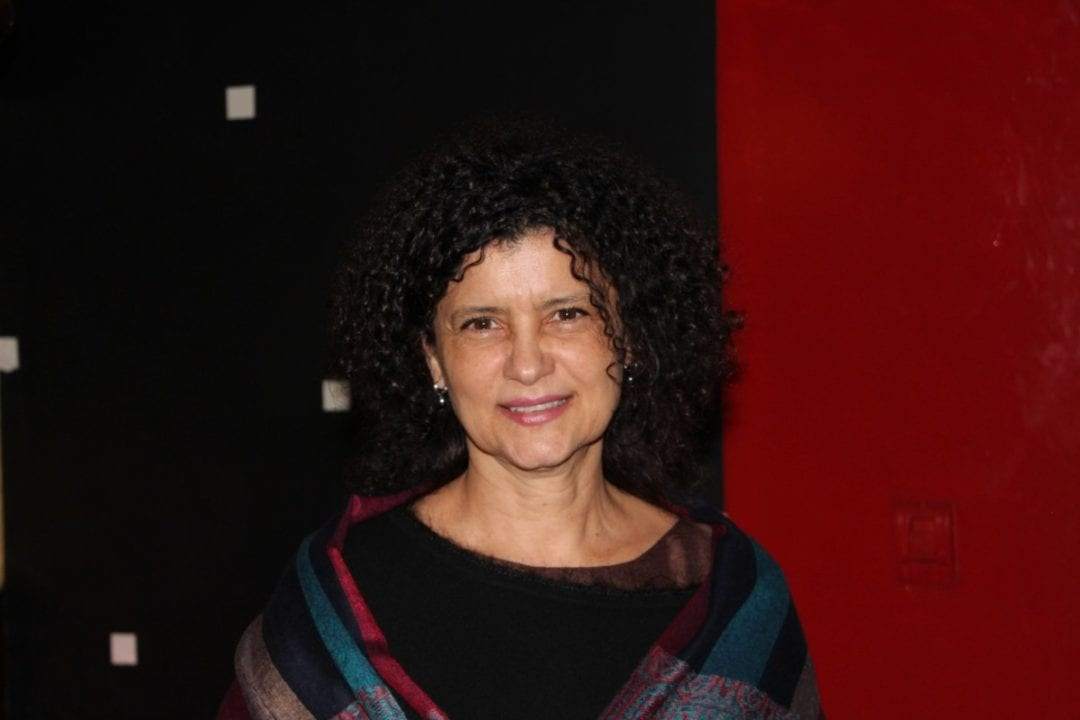Translation Services Canada – Welcome to LingoStar
Established in 2004, LingoStar Language Services is a versatile and resourceful language services company dedicated to excellence in quality and customer service. We provide cultural and industry-appropriate language solutions tailored to your specific needs. Ready to go global? Do you want to reach multilingual communities?
Read more about LingoStar’s translations…
Explore Website Translation & Localization | LingoStar
Interested in website translations? Go global with your multilingual site!
Read more about multilingual websites…
Download our FREE eBook or Read more about LingoStar website translation guide…
Website Translation Free E-book
TRANSLATION
LingoStar provides translation of all types of written documents of any kind of complexity. Whether it is a personal document, a complex medical report, a technical manual, or a patent of a new design – we are here to help you.
INTERPRETATION
Are you looking for the right person to interpret spoken texts in a conference, provide training, or translate verbal negotiations? LingoStar Language Services can help you find a professional interpreter that will fit your exact needs. Reach out to multilingual communities with our interpreters.
VOICE-OVER
All of your audio and media files need to be localized if you want to attract your target audience. Voice-over translation is perfect for this purpose. With LingoStar you can find the perfect voice-over artist to help your business reach your target market.
WEBSITE TRANSLATION
Do you want to establish credibility with international customers? We can provide website translation to French, Spanish, Chinese, Russian, and many other languages to help your customers understand and use your services or products.
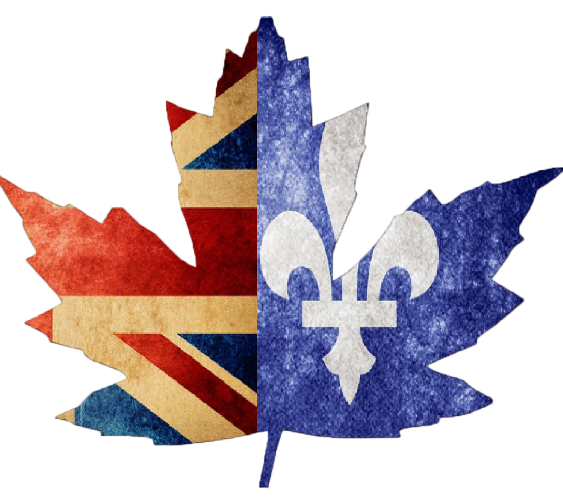
GO CANADIAN. GO BILINGUAL.
We are a Canadian company and specialize in English to French translation.
Need translation from Canadian French into English or English into Canadian French?
EMPLOYMENT OPPORTUNITIES
LingoStar is looking for reliable freelance translators, interpreters, proofreaders, desktop publishers, voice-over artists, transcribers, tutors, tour guides and other language professionals who will work with us to deliver high quality services within set deadlines.
MOST RECENT BLOG ARTICLES
Perceptions of The German Language to Be Examined Carefully
The Most Common Perceptions of The German Language February 21st is International Mother Tongue Day. As a German I would like to use this day as an opportunity to learn more about my own language and how other nationalities perceive German in particular. Therefore, I would like to have a closer look at perceptions of the German language. Based on my experiences and quick research on the internet, there are two main perceptions of the German language that I will have a closer look at. German Sounds Harsh and Angry Nice-Sounding Perceptions of The German Language? Opinions diverge on one point, namely if the German language sounds nice or not. On the one hand, people have told me German is a beautiful language. On the other hand, people say it sounds as if we are fighting the whole time! Fun fact: Germans think that about, for example, Arabic. In any case, there are many videos online comparing German to other languages, but if you look at the languages they are comparing, they are Romanic languages that have a totally different melody than German. Furthermore, German is pronounced in an especially harsh way in the videos, so the perception of the language is skewed. These videos are exaggerations for entertaining purposes only. The German Glottal Stop What German does have that most other languages don’t is the glottal stop. Languages like Danish and Arabic have it, too, but German uses it in an excessive way. The glottal stop is used in front of a vowel if the vowel is at the first position of a syllable and is like a... read moreChinese New Year: a celebration full of symbolic meanings
A very symbolic Chinese New Year Chinese New Year has come! It’s not only China that celebrates this new beginning, also other countries such as Thailand, Cambodia, Indonesia, and Malaysia. Chinese New Year, also known as Spring Festival or Lunar New Year, is a big event for all who celebrate it all over the world. This festive period is full of symbolism; read on to find out more! Not only the Year of the Pig Chinese symbolism is everywhere from Chinese New Year’s Eve to the famous Lantern Festival. For instance, one of the most well-known symbols is marked by the Chinese lunar calendar: the Chinese zodiac. 2019 is the Year of the Pig. However, many other images also come into play during a special evening: New Year’s Eve. What happens on Chinese New Year’s Eve? Basically, communities celebrating will eat all day long with people they love. This very important get-together meal is not just about food. It is also full of auspicious symbolism. Let’s immerse ourselves into Chinese culture! More than just a fish – auspicious symbolism Myths and customs dictate that Chinese New Year’s Eve includes a perfect and complete dinner, symbolizing a good start for the new year. To do so, food that is considered lucky is served to bring good luck for the coming year. The way dishes are prepared, served, eaten, and how they are called is what matters most when it comes to meanings. Indeed, the appearance of the dishes is an important aspect, but puns are not uncommon too. Take the fish, for example. In order to do it the right... read moreGerman Terms of Endearment as a Subtle Show of Affection
The Use of German Terms of Endearment It doesn’t matter if they are partners, friends, children or pets: If you want to show verbal affection, you can use terms of endearment. And German is no exception. So, what are German terms of endearment? Are they very different from English? Most Common German Terms of Endearment The most used German terms of endearment seem to be the most boring ones, like Schatz ‘treasure’ with its variations Schatzi or Schätzchen. That one is so common that people make fun of it. Furthermore, some German people don’t use terms of endearment at all, which probably fits in with the German stereotype. Why invent a name if you already have one? Other common German terms of endearment are Maus/Mäuschen ‘mouse’, Hase/Häschen ‘rabbit’, Süße/-r ‘sweetie’, Liebste/-r ‘the most loved one’, Engelchen ‘little angel, and Bär/Bärchen ‘bear’. So, maybe German people do like their endearing names! Especially animal names, although this might not be only a German trait, since, for instance, Polish also uses animal names for their terms of endearment. As you can tell, you can call your loved one pretty much any animal name. Besides, you can make the name even cuter by adding the suffix –chen. This way you don’t call your loved one ‘bear’ but ‘little bear’, which shows even more affection. The suffix –i /y works in the same way: Hasi, Mausi, Bärli, and with first names Isy, Benni, Matthi. Less Used, But More Creative German Terms of Endearment There are German terms of endearment that are a little bit more creative, such as Schnucki, Schnuffi, Knuddel, Knuffi, Schmusi. They... read moreLingoStar Translation Agency has launched a new series of interviews and stories about interesting people and artists who recount their life experiences to us. We are happy to know that there are so many talented, extraordinary people and that we have a chance to share these stories with you!
If you have a story to share with us, it can be featured here too!
Showcase your art & skills by providing us with an interview.
Do you love languages and different cultures? Tell us your life story!
Has translation helped your company thrive? Be our case study!
Working with LingoStar on many multilingual projects for both translation and voice-over is a real pleasure. Their work is extremely well-managed and the attention to detail – a must in the translation field – is outstanding. Thank you, LingoStar!
Gemma ScottLingoStar consistently delivers on time and in the format that best suits the needs of our business. We often need last-minute translations, and LingoStar’s highly professional team of translators has never disappointed.
Sina Noureddin
MOST TRANSLATED LANGUAGE PAIRS IN OUR OFFICES:
Vancouver
%
English to Chinese Translation
Toronto
%
English to French Translation
USA
%
English to Spanish Translation


































